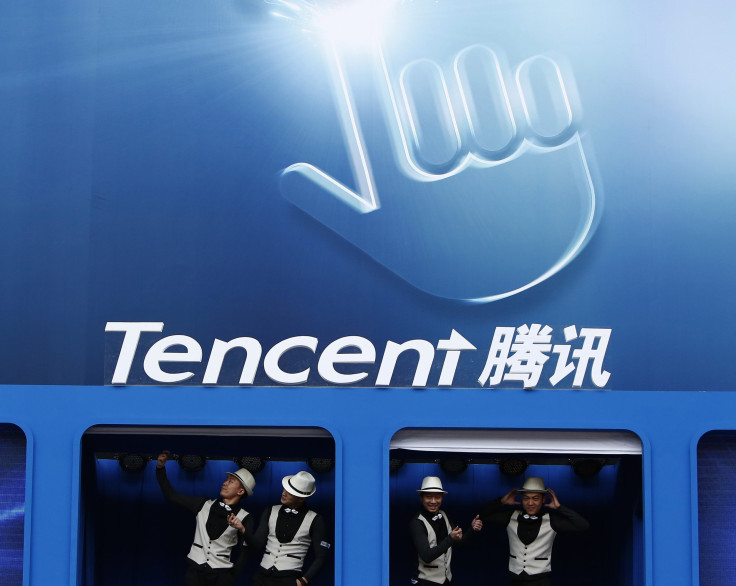Trend Of Chinese Internet Firms Building Cars Accelerates

Another Chinese Internet company has announced plans to move into the auto industry. Tencent Holdings, owner of China’s biggest social media platform WeChat, has signed a deal with Taiwan’s Hon Hai Precision Industry, owner of Foxconn, which makes iPhones in Tencent’s home city of Shenzhen, and China Harmony Auto, a luxury car dealer. The goal, according to Chinese media, is to “manufacture and sell smart electric cars.”
It follows reports earlier this month that China’s biggest Internet company Alibaba, and Shanghai-based SAIC Motor, China’s largest automaker, have established a fund worth some $160 million to develop "Internet-connected cars." SAIC said the vehicle could be on the road as early as next year. China’s biggest search engine operator Baidu, has also announced plans to build ‘smart cars,’ based on artificial intelligence and ‘deep learning.’
Also this week, Beijing-based Leshi Holdings, which operates video-streaming website LeTV, signed a deal with Beijing Automotive Industry Holding (BAIC) to build an 'Internet vehicle.' The car, which features Internet-linked 'smart control systems,' may debut at the Shanghai Auto Show next month, according to the China Daily newspaper.
LeTV has already introduced a user interface system, linking car, cell phone and TV, and has set up an R&D center in Silicon Valley, with 260 employees with experience in the auto industry, the paper reported. Leshi and BAIC have previously invested together in U.S. electric car design company Atieva. BAIC Chairman Xu Heyi was quoted as saying the project would benefit from LeTV’s "Internet mindset," and could enable his company to climb the value chain.
The moves echo those of Apple Inc and Google Inc, which have each announced plans to build cars with self-driving technology. Some analysts believe the Internet firms’ moves into the auto industry are motivated partly by a desire to mine further big data and gain understanding of customers’ lives.
But the moves may also reflect a desire among China’s technology firms to bring their skills into new areas of life. Not only have companies like Alibaba’s Taobao brought e-commerce into hundreds of millions of homes, but China’s wealthy web entrepreneurs are increasingly moving across sectors: Alibaba has invested in video site Youku Tudou, online payment platforms, taxi apps and even a football club (Guangzhou Evergrande Taobao). Hardware companies, like mobile phone manufacturer Xiaomi, meanwhile, have begun moving into smart-phone controlled household appliances such as air purifiers.
Concern about air pollution in China has also fuelled growing interest in the development of electric and ‘smart’ cars. Leshi chairman Jia Yueting, is reported to have written on his personal microblog recently: "We will build the best electric cars to solve the problems of air pollution and traffic jams in China." The Chinese government has also subsidized research in the field, as well as offering tax breaks to those buying electric vehicles.
Cross-industry involvement in the sector is not new in China: the country’s first electric car-maker, BYD, started out as a manufacturer of rechargeable batteries. However, BAIC Chairman Xu Heyi emphasized, at the announcement of his company’s link with Leshi, that tie-ups between web companies and established auto makers would provide additional guarantees in terms of what he called “stable quality.”
© Copyright IBTimes 2024. All rights reserved.












